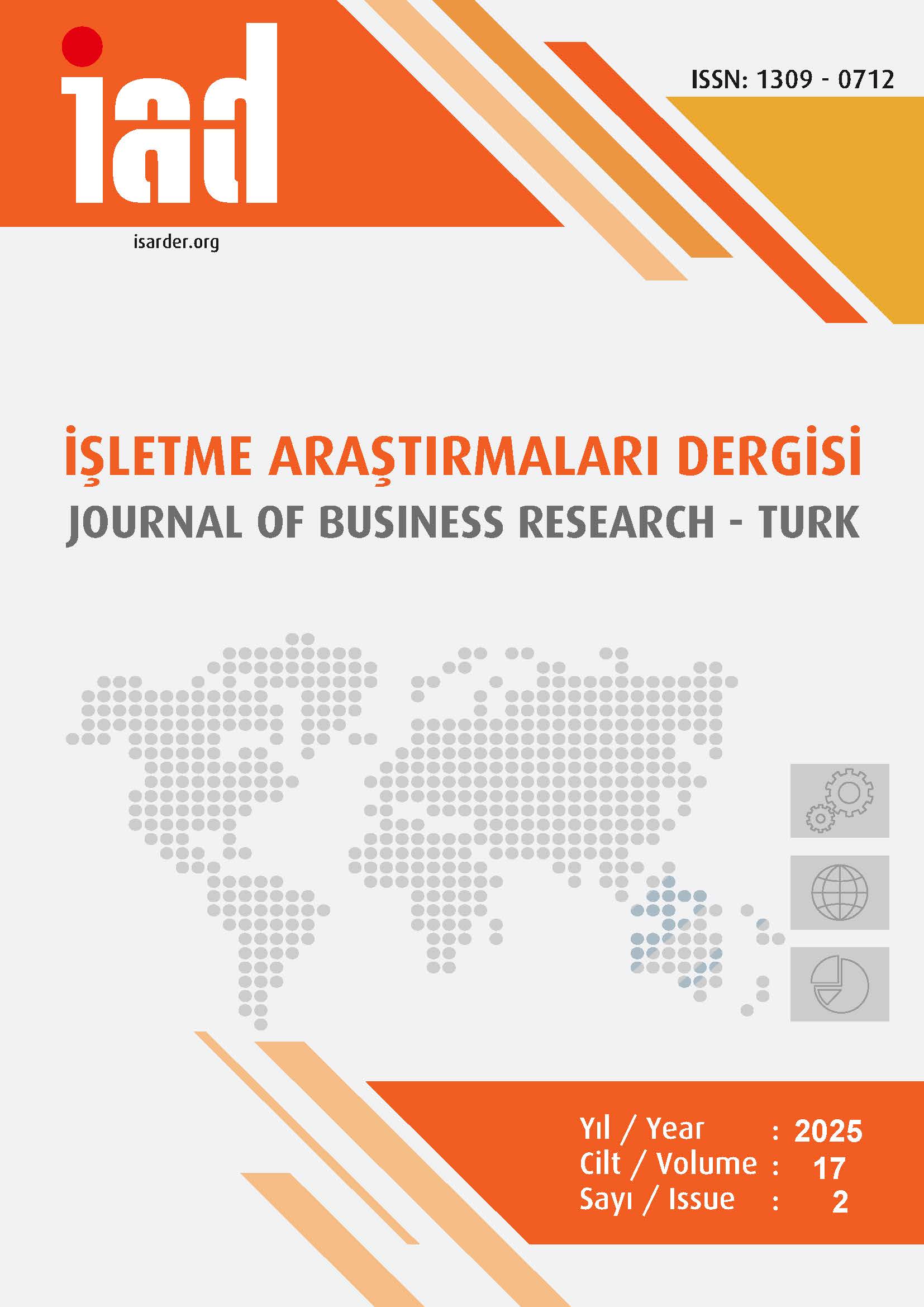The Effects of Shift Work on Firefighters and its Relationship with Work-Family Conflict
DOI:
https://doi.org/10.20491/isarder.2025.2022Keywords:
Shift work, Municipal fire departmentAbstract
Purpose – Due to the nature of their work, municipal fire brigade employees work in shifts in order to maintain uninterrupted service. The type of shift work varies according to professions. Fire brigade employees generally work on a regular 24/48 shift pattern. Shift work has physical, psychological and social effects on individuals. One of the results that can be experienced as a result of these effects is work-family conflict. The aim of this study is to examine the positive and negative effects of shift work on municipal fire brigade employees and the interaction of this situation with the concept of work-family conflict. Design/methodology/approach - The research was carried out by collecting data by face-to-face survey technique, covering professional firefighters working on shift basis in the center and districts of Karabük province. In the study, the relationships between variables were analyzed by Pearson Correlation test and the effect analysis was analyzed by simple linear regression. Findings – As a result of the analysis, it was determined that there is a positive and high level relationship between the negative effects of shift and work-family conflict. Regression analysis results show that the negative effects of shift have a significant effect on work-family conflict. Discussion – According to the results of the research, it is recommended to use the regular 24/48 shift method in the fire brigade organization, to eliminate the conditions that require firefighters to do additional work during rest periods, and to ensure the participation of families in activities to support firefighters socially.
Downloads
Published
How to Cite
Issue
Section
License

This work is licensed under a Creative Commons Attribution-NoDerivatives 4.0 International License.





